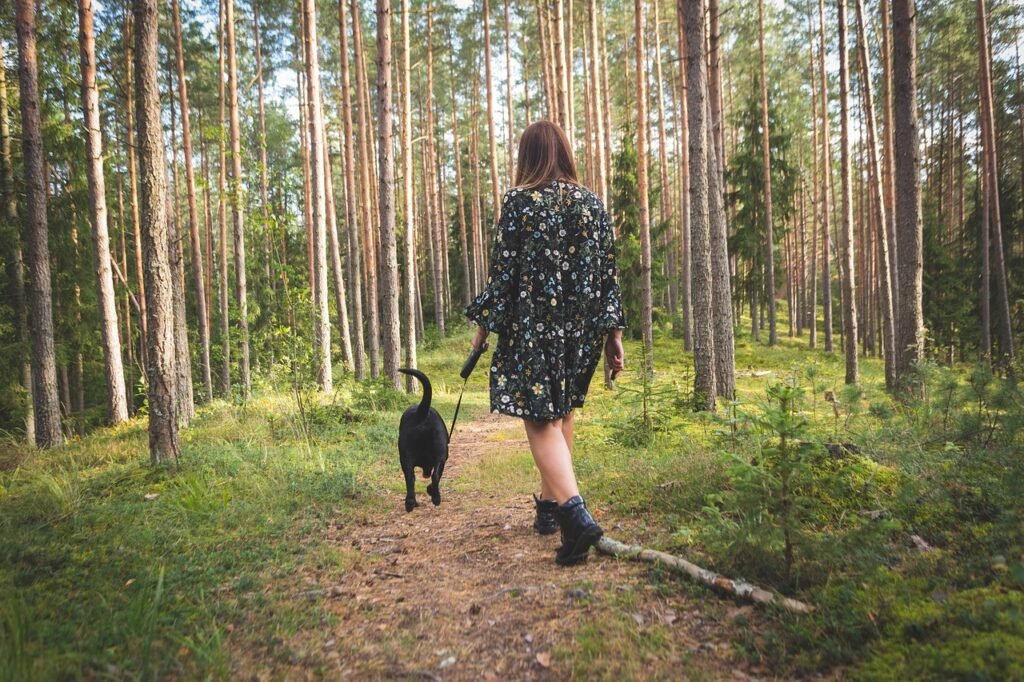Losing a pet: the grief is real

There’s a quiet kind of heartbreak that happens when we lose a pet. It’s rarely talked about in the same way as other losses. Often, people feel the need to shrink their pain, bury it beneath phrases like “it’s just an animal” or “other people have it worse”. But here’s the thing: grief doesn’t measure itself by species.
If your pet felt like family, like home – it’s because they were.
They were the one who curled up with you on rainy days, the silent witness to your tears, your wins, your heartbreaks and new beginnings. They were there through job changes, flat moves, breakups, stress spirals, and cosy Sunday mornings with a nice cuppa tea. That kind of presence doesn’t just disappear when they go. It leaves a space that only you can truly feel.
And that grief? It’s valid. Every bit of it.
Do pets really help our mental health?
Turns out, yes. In ways both big and beautifully small.
- According to a global survey by HABRI, 94% of pet owners say their animal is part of the family.
- 89% say they’ve experienced real mental or physical health benefits thanks to their pet.
- 65% of people say they de-stress with their pet more than with their partner or friends. Sometimes, just being near them is enough—90% say their presence alone is calming.
- And 78% of people are reminded to take mindful breaks—away from screens, to move, to breathe.
Pets don’t fix everything. But they find a special place in our wounded hearts.
There are physical benefits, too
Living with a pet often brings little rituals: walking, throwing a ball, sitting in the sun together. These moments might seem simple, but they’re surprisingly powerful.
Science agrees. Just petting an animal has been shown to lower cortisol (the stress hormone) and raise oxytocin (the bonding one). That combination? It makes us feel safe, soothed, connected.
In fact, some research in the UK and Australia even shows that pet ownership can ease the load on national healthcare systems—by helping people stay mentally and physically healthier in the long run.

The other side of love: when we lose them
Here’s where things get harder.
Losing a pet can affect your mental health in real and lasting ways—especially when the attachment runs deep (which it often does).
Research from the University of Bath suggests that how we cope with loss matters. When we fall into habits like overthinking or self-blame, grief tends to feel heavier. When we learn gentler ways to sit with our sadness, it softens over time.
But that can be hard when our grief isn’t acknowledged.
According to Psychology Today, grief after pet loss is often “disenfranchised”—meaning it’s not recognised in the way other types of loss might be. That lack of validation can make the sadness feel even more isolating.
Some stats to hold space for:
- In the UK, 85.7% of adults experienced grief symptoms soon after losing a pet.
- 35.1% were still feeling those effects after 6 months, and 22.4% a year later.
- Children who had loved and lost a pet by age 8 showed higher levels of emotional difficulty compared to those who hadn’t (Springer Link).
So what helps?
There’s no quick fix for heartbreak—but there are ways to hold yourself (and others) more gently during it.
- Stay connected: Keep doing the things your pet helped you love—whether it’s walks, routine, or simply spending time outside.
- Name the grief: Acknowledge it. Share it. Seek support—whether that’s through a friend, therapist, or a pet loss group.
- Help kids process: Talk to them honestly about the loss. Let them cry, ask questions, and remember.
- Rethink the workplace: Some employers are beginning to offer bereavement leave for pet loss. And honestly, more should.
- Express creatively: if you feel able too, write a poem about your pet and share it with someone you trust. What happiness did they bring to you? What are your favourite memories? What were their quirky little personality traits that made them, them?
A quiet kind of love
To grieve a pet is to grieve a kind of unconditional love. One that didn’t ask much, but gave everything.
So if you’re in that space now—missing the sound of paws, the little routines, the warmth—you’re not alone. Your grief is not too much. Your story matters.
And maybe, in time, love will return in a new form. It always finds a way.


Beautifully written, and so true ❤️
So relatable – great read